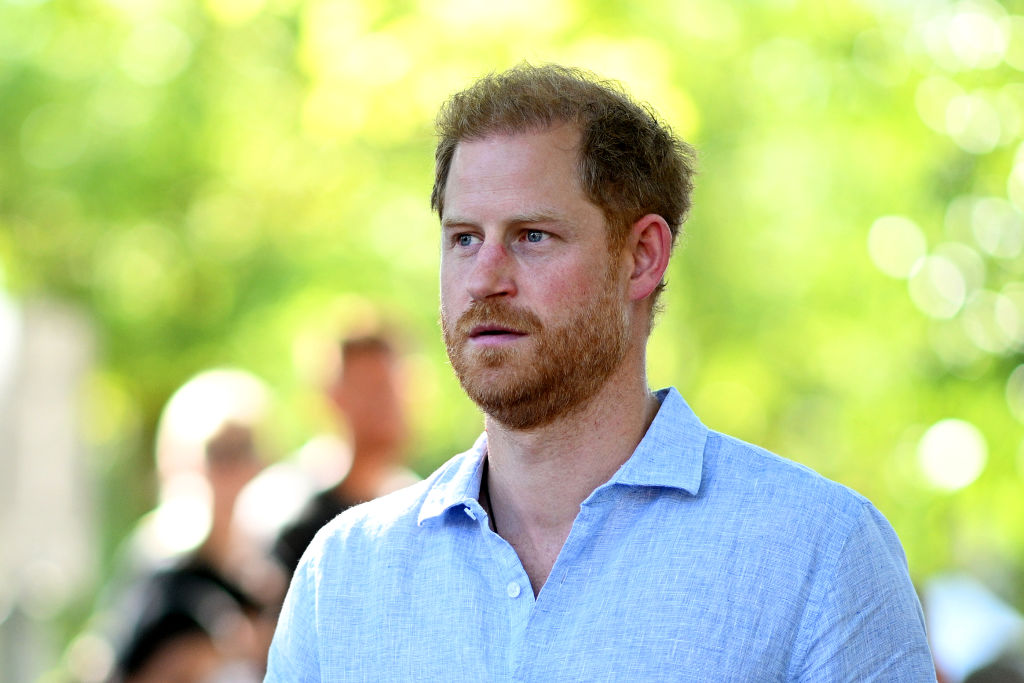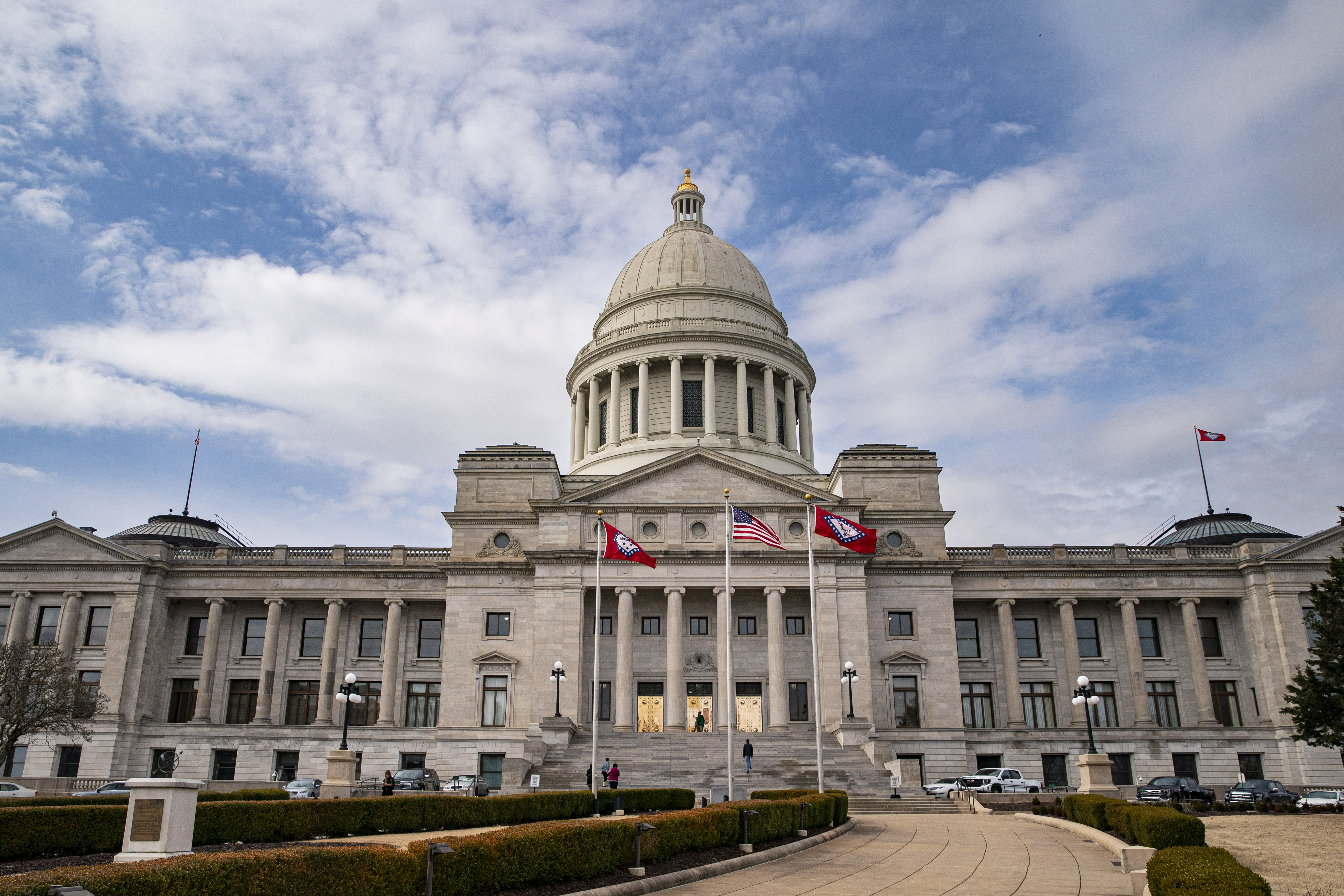German Chancellor Angela Merkel appealed to the United States and others on Saturday to support and bolster multilateral organizations such as the European Union, the United Nations and NATO, an alliance to which U.S. Vice President Mike Pence pledged America's commitment was "unwavering."
Merkel told Pence and other world leaders, diplomats and defense officials at the Munich Security Conference that "acting together strengthens everyone."
Her address came amid concerns about the Trump administration's approach to international affairs and fears that the U.S. may soon have little interest in working in multilateral forums.
"Will we be able to continue working well together, or will we all fall back into our individual roles?" Merkel asked. "I call on us, and I hope we will find a common position on this. Let's make the world better together and then things will get better for every single one of us."
Pence sought immediately to address concerns raised by President Donald Trump's comments questioning whether NATO was "obsolete."
Pence told the group: "I bring you this assurance: The United States of America strongly supports NATO and will be unwavering in our commitment to our trans-Atlantic alliance."
"Your struggles are our struggles. Your success is our success," Pence said. "And ultimately, we walk into the future together."
U.S. & World
Merkel conceded room for improvement in multilateral structures, saying that in many places they are not efficient enough.
"I am firmly convinced that it is worth fighting for our common international multilateral structures, but we must improve them in many places," she said.
German Foreign Minister Sigmar Gabriel expressed skepticism about Pence's pledges, saying that he agreed Europe needed to work with the U.S. on the basis of common values. But in a barely veiled reference to Trump, he said "both countries must define their interests, and our foreign policies should not be driven by ideology."
"Ideologies lead to hostile concepts that might not be able to be overcome," said Gabriel, who is chairman of the Social Democratic Party, Merkel's junior coalition partner.
Going ahead, he said Europeans "should hope for the best, but prepare for the worst."
Merkel reiterated that Germany is committed to the official NATO goal of putting 2 percent of gross domestic product into defense spending — Germany currently contributes 1.3 percent.
"We will do everything we can in order to fulfill this commitment," she said. "But let me add, however, that I believe while NATO is very much in the European interest, it's also in the American interest — it's a very strong alliance where we are united together."
Pence added bluntly that the U.S. expected that all NATO members would meet the 2 percent goal.
"Europe's defense requires your commitment as much as ours," he said.
Gabriel suggested that development aid and humanitarian help — such as in Germany's decision to take in nearly 900,000 refugees last year — should also be part of the consideration when looking at defense spending.
NATO Secretary General Jens Stoltenberg told The Associated Press, however, that both were necessary.
"We need a comprehensive approach and of course development aid and funding for refugees is also very important," he said. "But there's no contradiction between being focused on development aid and security — actually the only way we can create development is to preserve the peace. We need security to be able to facilitate economic development."
Europeans are also worried about Trump's enthusiastic endorsement of the British "Brexit," or decision to leave the 28-nation European Union. Pence did not mention the EU, but did say that the U.S. was on a path of "friendship with Europe and a strong North Atlantic alliance."
Stoltenberg told the gathering that NATO and the EU defense initiatives complement one another.
"A strong Europe cannot mean Europe alone, just as I don't believe 'America first' means America alone," he said.
Merkel, who met with Pence one-on-one following their speeches, acknowledged that Europeans couldn't fight global issues like Islamic extremist terrorism alone.
"We need the military power of the United States," she said.
She renewed a call for Islamic religious authorities to speak "clear words on the demarcation of peaceful Islam and terrorism in the name of Islam."
Merkel pledged to continue working for better relations with Russia, but also stressed the importance of sticking to the 2015 agreement she helped broker in Minsk, Belarus, aimed at ending fighting in eastern Ukraine between government forces and pro-Russian separatists.
"The Minsk agreement is the only thing we have at the moment to move forward talks and the possibility of solving the problems," she said. "When we don't have anything else, I am against throwing something away that may still carry hope."



